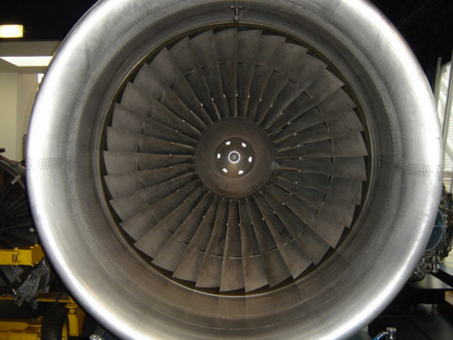
On Sunday, February 24th, a Virgin airline Boeing 747-400 flew from London to Amsterdam, running on biofuel.
It’s undoubtedly a superb technical achievement.
“[It will] enable those of us who are serious about reducing our carbon emissions to go on developing the fuels of the future”.
But beyond this is where it gets murky. Branson correctly emphasizes that airliners need to clean up their act, but then he implies that biofuels will be the solution to that problem – and for that he deserves criticism. In fact, biofuel production is already causing a worldwide economic crisis, as foods (particularly cooking oil crops) are ploughed under in favour of biofuel cash-crops, ramping up food prices. Yet biofuel can’t even manage 1/20th of our automobile needs. Right now, there’s Simply. No. Way.
So, with aircraft emissions set to double by 2030, this is buck-making Greenwashing?
Let’s be pragmatic. People will continue to fly and to demand commercial airlines. That should be curbed, but it cannot be stopped. So the way we put the lid down on this Pandora’s Box is the same way we’ve dealt with all our other challenges – with advances in technology. Learning how to detoxify aircraft fuel is a major step, even if it’s partly switching to an only-slightly-less-problematic fuel source. It’s no more than promising, but it is promising.
And what does this debate highlight? The scale of the problem. If it was Greenwashing, it’s now turned into something far more useful.
Image: Martin Richards
